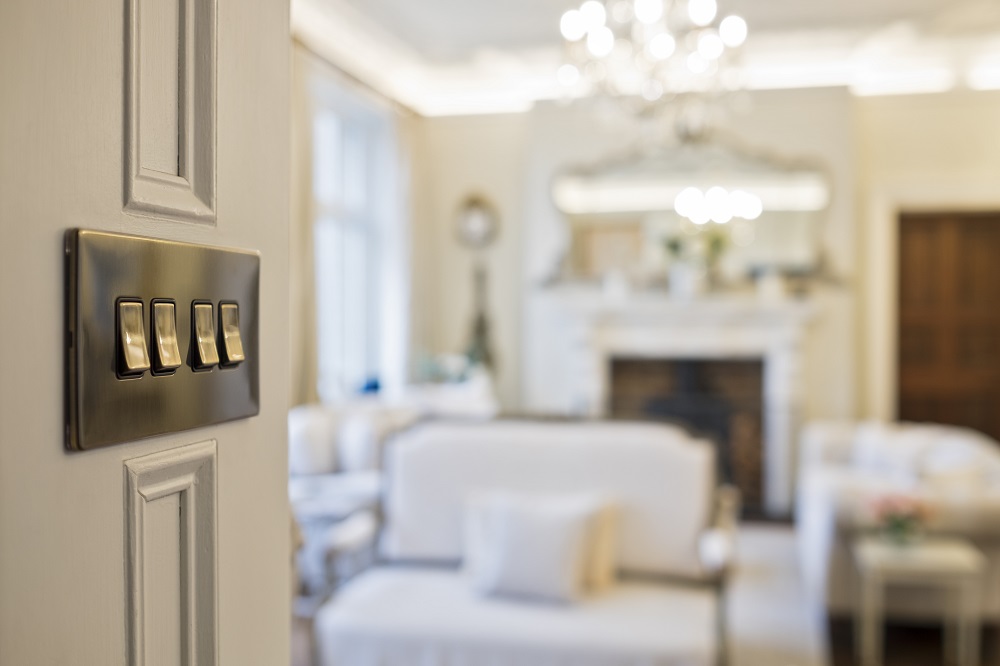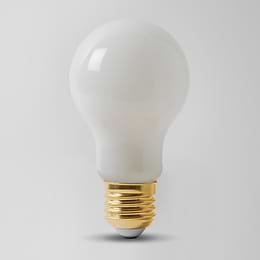Impact of Leaving The Lights On
Impact of Leaving The Lights On

I'm sure we've all been on the receiving end of 'you've forgotten to turn off the lights' at some point in our life. But it's often not until we live in our own homes that we begin to realise the importance of switching them off.
We know that leaving lighting on when it shouldn't be on is both wasteful, and contributes to our already expensive electricity bills. But it's more important than that we think to switch them off. We explore further to find out exactly what the impact of leaving our lighting on is.
How Common Is It For People To Leave The Lights On?
It's a bigger problem than you think. A study conducted by Utility Design on leaving the lights on revealed;
- 6.5 million people admit to leaving the lights on when they aren't in the room
- Daily average cost per user of leaving the lights on - £2.30
- Monthly average cost per user - £64.51
- Yearly average cost per user - £838.66
- Total money wasted in the UK everyday - £14, 950,000.
When you collectively group the findings together, the results are phenomenal.
Electricity Bill
It's a well known fact that the more electricity we use = the more expensive our bills will be. However, the misconception is that 'if I accidentally leave that light on a little bit longer than it should be that it won't make a difference'. Maybe not on a one off occasion. But if you continue to do this daily, your pockets will start to feel it.
As the study identified, doing this on a daily basis could cost you on average an extra £838.66. £2.30 could equate to that daily cup of coffee on your lunch break. But totalling that figure annually is what gets us to really think about this problem.
Money is the one thing that does make us think about problems, and it's so easy to make this change!
Other ways to keep those electricity bills low could be by switching to LED lights which can help to combat some of the issues that are caused by continuing to leave the lights on. LED lights are up to 80% more effective than traditional lights. Thus less energy use reduces the demand from power plants and decreases greenhouse gas emissions.
Light Pollution
It's important to note that leaving your lights on isn't just an internal problem, it affects us externally too.
According to UK Power, a recent study discovered that artificial light near waterways is disrupting food chains as insects are being drawn towards the lights and away from the water surface and their natural predators. Indeed, with carbon dioxide emissions aside, leaving your lights on is affecting our eco-system too.
Turtle numbers are also dwindling. As the new hatchlings are usually guided out to sea by the moonlight, however, the artificial lighting across beaches means that they are being lured away from safety, and straight into the clutches of their predators.
It doesn't stop there. Artificial light is causing trees to bloom out of season, leaving them vulnerable during the colder seasons. This is a problem that can also affect our crops and orchards. Light pollution is a huge problem that we are all continually contributing to.
Carbon Dioxide Emissions
One of the most concerning things that comes as a result of leaving the lights on is our carbon dioxide emissions. This is the primary greenhouse gas that is emitted through human activities, the continual pattern of leaving lights on included.
Over time, these emissions are incredibly harmful to the environment. With far ranging environmental and health effects. Climate change is the one thing we see time and time again linked to this emission.
The Study conducted by Utility Design found that based on the 6.5 million people who left their lights on during the day, this resulted in an astronomical 37,440,000 kg carbon dioxide emission per day. These emissions equate to 62 flights around the world. The concept of just switching those lights off suddenly doesn't seem as trivial. Remaining vigilant around the house really can help us to protect the environment.
One person can make a small impact, but imagine what we could achieve if we collectively remembered to turn the lights off.
[related_products is_auto_added="1"]







